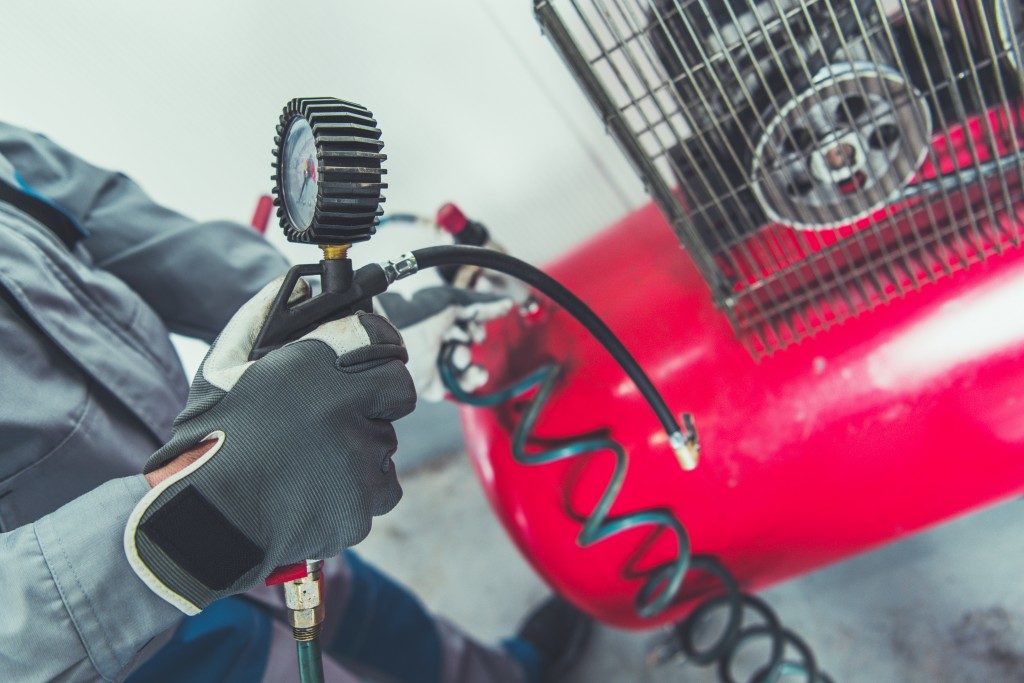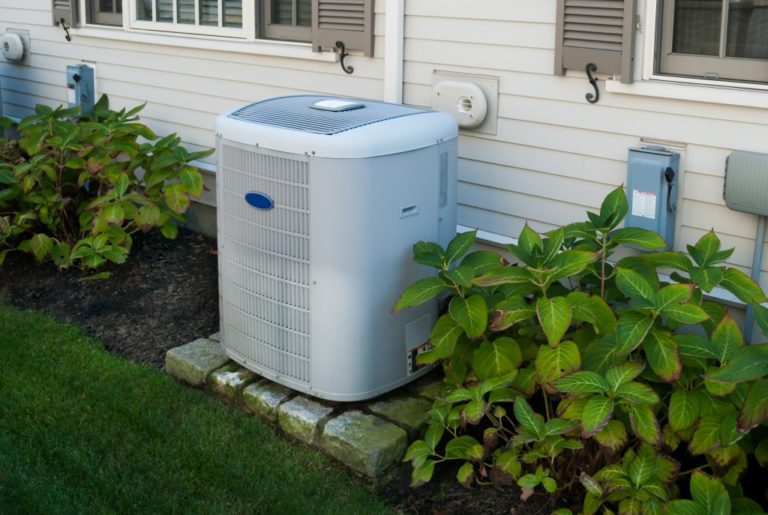If you are looking for long-lasting performance, a high-quality air compressor from Gardner Denver and other well-known brands will never let you down. But do you know that the use of an air compressor can break the bank when there are significant amounts of energy that turn into waste? This guide will provide you with tips on how to optimize your air compressor to save money and increase business productivity.
What to Avoid in Air Compressor
Before diving into the main topic, it’s important to know that there are things you should avoid when choosing an air compressor, such as the following:
- Contaminated air
- Product spoilage
- Consumes large amounts of energy
How to Use Your Air Compressor Wisely

- Consider turning off the air compressor during non-productive hours: Production shifts differ depending on what the business needs. But there would still be some non-productive hours that you can consider to let your machine rest. This brings significant help to you in avoiding additional costs brought by energy wastage. You can also get away with the early repair of the equipment, which adds up to your expenses.
- Use reciprocating compressors: If your business operates HVAC systems or dry charged fire systems, some critical loads must be pressurized overnight, and shutting down the compressor may not be a good idea. The solution for this to help you save a significant amount of energy is to use smaller reciprocating compressors to continue pressurizing your vital loads at night and during non-productive days.
- Check for leaks in the system: Most pipe systems develop leaks of up to 25% when they have been operating for more than five years. Always remember that when there is a leak, the generation of compressed air will require more energy, and this will lead to more expenses on your part. So, inspect your system regularly to identify the issue ahead of time and fix it immediately.
- Create the best piping infrastructure: You can optimize your whole system by making a seamless piping system design. According to experts, shortening the distance of the piping system for the air to pass through can help reduce pressure drops by 20 to 40%. If you make the pipes larger (around 2 to 3 inches bigger), you can save 50% of the pressure drop.
- Check the filters: Air filters play a vital role in your system in providing good quality of air produced by your air compressor and dryer. If the filters are clogged, the situation has an adverse effect on the energy efficiency of your system. The frequency of change relies on how much they are used. You can be on the safer side when you follow the manufacturer’s recommendations on when to replace them. It’s easy to blame the air compressor when you notice that your system consumes more energy than before. But in most cases, the culprit is the filter, so conduct a thorough inspection for an effective solution.
- Change the oil systematically: Ideally, every 500-1000 hours of using the air compressor, it’s beneficial if you replace the oil to ensure that the air compressor is in mint condition and functioning well.
- Use the heat energy produced by the air compressor: Other businesses that operate an air compressor have creative ways to increase their profits. The air compressor produces heat and you can use this energy to warm an area, have hot water for washrooms, etc.
Find a reliable company that can provide you with an air compressor that guarantees the lowest energy cost, maximum reduced downtime, and optimum business productivity. The economy today may become unstable, so make sure you are investing in the right machinery.




